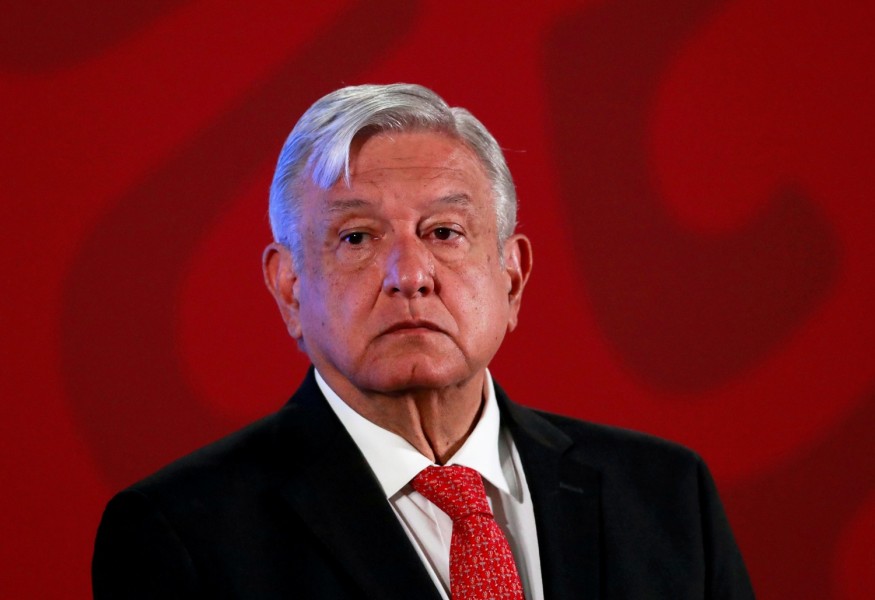No End to López Obrador’s Feud With the Media: The Mexican President Jabs at Reports About Crematoriums

A few weeks ago, Reforma started receiving threats that its headquarters in Nuevo León would be bombed if they did not stop production of content with direct criticisms against the Andres Manuel López Obrador administration.
The most extreme case of which being rhetorical attacks, or of open hostility between López Obrador's administration and the press might become serious threats. Earlier this month, journalist Jorge Miguel Armenta Avalos was murdered near Ciudad Obregón, Sonora.
Systematic smear campaigns
International journalism organizations like the Inter-American Press Association criticized López Obrador's recent attacks on the media. The president called the content the press published as a way to "incite violence".
As a nonprofit organization with beyond 1,300 published articles from Miami, Florida. They issued a statement that denounced López Obrador's response to news reports about himself, especially ones targeted at El Universal and Reforma.
President of the IAPA Christopher Barnes said that López Obrador's authoritarian, ideological and derogatory bias towards the media would only serve to motivate individuals who would be able to assault and wreak havoc among journalists to rid the country of freedom of expression.
In Mexico, a country with high rates of violence, Barnes said that the president's attitude was not unlike "throwing gasoline on the fire".
President of an IAPA committee Roberto Rock said that López Obrador's "systematic smear campaigns" often targeted large media corporations that have wider reach, such as those with international publications.
Director of the Human Rights Watch Americas division José Miguel Vivanco believed that López Obrador often discredited the media through his daily press briefings. He said that whoever published a story that the president did not like would become an enemy.
Check these out!
Mexican Caribbean Regarded as a Safe Travel Destination by the WTTC
New-Collar Skills Now Taught Online for Free to Hire Digital-Driven Workers Thanks to IBM's P-Tech
"Alarmist reports" gain president's attention
Earlier this month López Obrador's disapproval of the press intensified tenfold as he called out the New York Times, the Washington Post, the Financial Times, and El País for lacking media ethics. He then accused them of reporting with an extreme slant against his administration instead of remaining neutral.
He asserted that with the coming of nueva normalidad, which was the resumption of regular operations in the country after the coronavirus measures, the media must reconsider the role they played in society.
In mid-May, López Obrador expressed his dissatisfaction at a press conference with regards to reports about the activity in crematoriums and pantheons that were related to the overwhelmed capacity of the country's response to the coronavirus.
He was especially disappointed by how the press appeared to frame the events as though only Mexico was experiencing the debilitating impact of the pandemic.
The president acknowledged that the market was indeed declining. He continued to say that the crisis not only affected the economy, but also social welfare, and the lack of ethics when it came to information management in the country and the rest of the world.
López Obrador then accused the national media of publishing "alarmist reports". He added that in the following weeks, he expected the cases of COVID-19 would decline.
Subscribe to Latin Post!
Sign up for our free newsletter for the Latest coverage!















